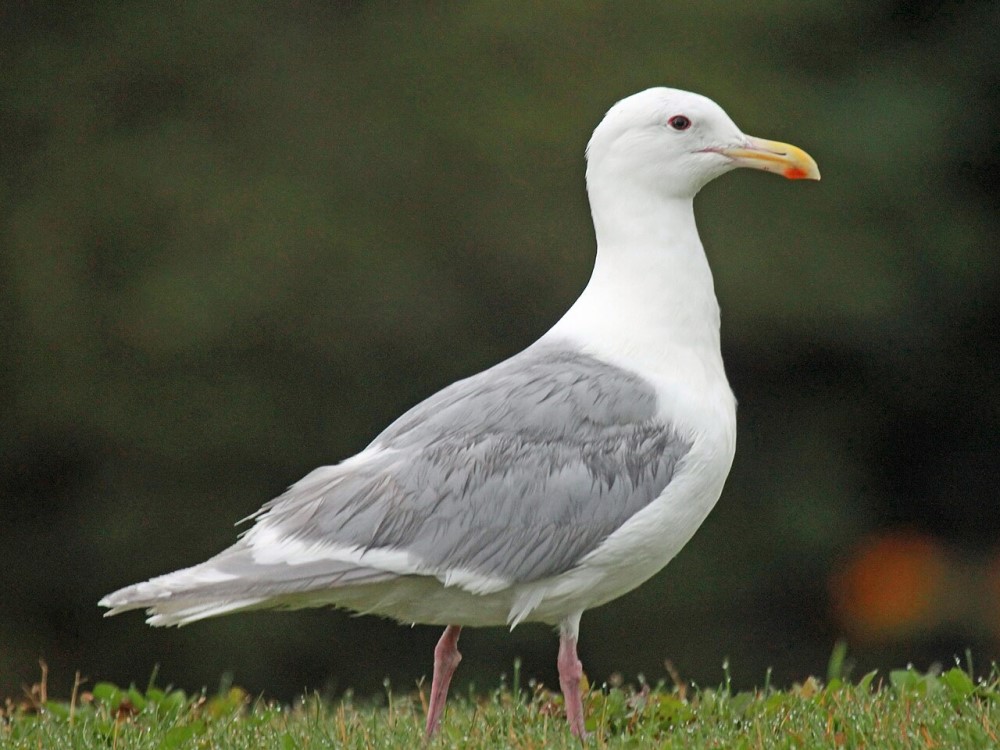
Antarctic expedition confirms the spread of the highly pathogenic avian influenza virus in the Weddell Sea
On Feb. 18, 2025, a research expedition led by Antonio Alcamí at the Severo Ochoa Molecular Biology Center (CBMSO-CSIC-UAM), have confirmed the presence of the highly pathogenic avian influenza virus (HPAI H5N1) in Antarctica.
The expedition began last January with the aim of monitoring the presence of the HPAI H5N1 in all species detected on six islands in the Weddell Sea, Antarctica. This positive result was obtained in 42 animals, including 28 carcasses of species such as crabeater seals, skuas, gulls, snowy sheathbill, Adélie penguins, and Gentoo penguins, as well as 14 live individuals of skuas and Adélie and Gentoo penguins.
The presence of the HPAI virus was confirmed through multiple laboratory tests, including specific PCRs for influenza virus and the H5 subtype, followed by sequencing of the protease cleavage region, which defines the presence of the HPAI virus with 100% certainty. Additionally, the researchers identified the HPAI virus in penguin colonies through air sampling.
The highly pathogenic H5N1 strain of the avian influenza virus initially evolved in domestic poultry but has recently adapted to spread among wildlife. Since 2020, its spread has caused significant mortality among wild birds and mammals worldwide, and in 2022, its arrival in South America was confirmed.
Tags:
Source: Phys.org
Credit:
